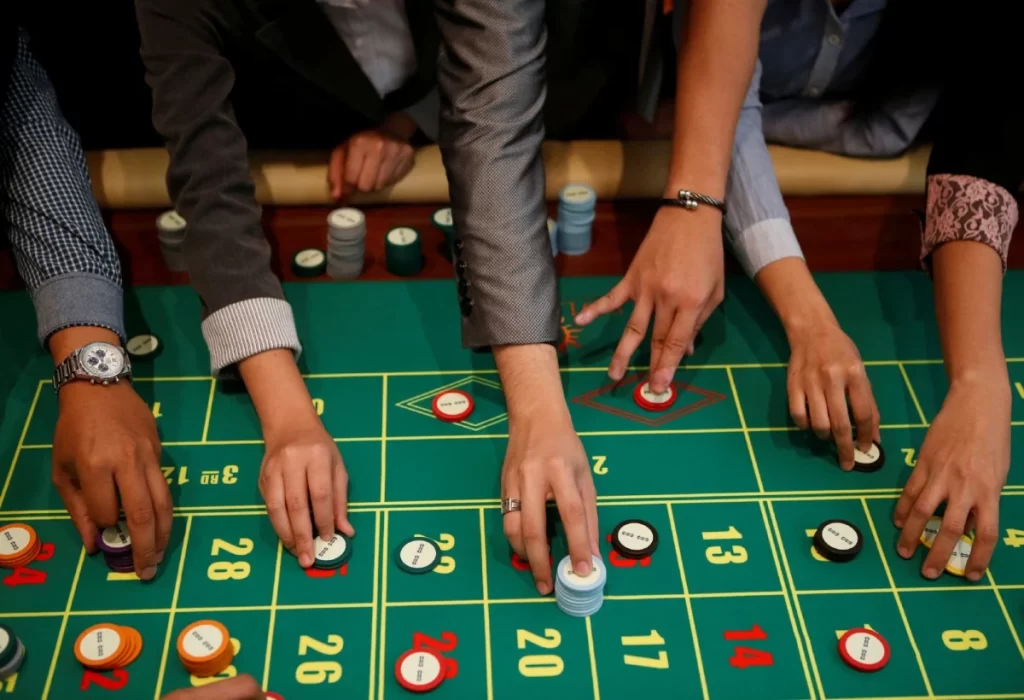Cognitive biases are mental shortcuts that allow us to quickly recognize and assign significance to patterns, often unknowingly and subconsciously. Heuristics that provide evolutionary benefits may contribute to these biases as well.
Recency bias can also have negative ramifications in sports betting, for instance. Bettors often rely on meaningless trends instead of considering team flaws based on recent performance – a phenomenon referred to as recency bias.
Recency bias
Recency bias is one of the most common forms of cognitive bias in gambling, in which we assume that what happened last time will govern how things happen in the future. This results from availability heuristic, in which the event that someone can remember immediately is taken at a higher priority – if you see a news report about a unprovoked shark attack, you think more will be like it; but such unprovoked attacks only happen once in a while and kill very few swimmers each year.
Antinomy, or biases that prevent rational decision making, can block rationality, complicating a decision. The ways to resist bias are various: test your thoughts for accuracy; correlation does not follow causation; don’t vouch for subjective experience as truth.
Overconfidence
Cognitive biases are intentional thoughts that cause irrational interpretations and beliefs. We sometimes confuse cognitive biases with logic fallacies but they differ in important ways, namely, they aren’t a result of perceptual misperception, but of mental shortcuts that humans have innately accumulated – such as anchoring effects, halo effects, overconfidence bias and hindsight bias.
It’s possible to neutralize these cognitive biases with debiasing – learning to question assumptions and assumptions by nudges or rewards. Cognitive bias modification therapy has also proven successful in the treatment of gambling addiction and mental illnesses – cognitive distortions are particularly common in problem gamblers as a rationale for continuing excessive gambling, and leading to psychopathology and depression.
Consensus bias
The false consensus effect is a bias that leads us to overestimate the amount we believe, think and feel. This can lead to misunderstandings and bad decisions; and individuals might withdraw from the world because they do not think others are hearing what they have to say. So it is important that you get rid of this brain bias for a good view of life around you.
Researchers have posited a number of explanations for this bias; scholars have proposed that it is due to motivation, to biased exposure to information, to the cognitive availability of certain pieces of data or to egotism. We can also have great differences in individuals whose findings exhibit false consensus effect and its magnitude.
The combat against false consensus bias can take many forms. Making sure you’re alert to its existence and actively looking for other perspectives in discussions will remind you that everyone’s not the same and promote greater creativity.
Negative reinforcement.
We humans are highly vulnerable to error in how we assess probability and randomness, and many of the aspects of gambling games directly play into this. Old experiments in experimental psychology illustrate this bias with experiments that show individuals to prefer sequences that have long heads and tails – a phenomenon called base rate neglect.
Cognitive bias is critical to making good choices. It is also possible to overturn yourself and learn to be more efficient in the complex – which can reduce the risk or steer decisions more toward your interests.
Mental biases not only have a psychological effect on decisions, but also lead to mental symptoms such as depression and anxiety. Cognitive bias treatment provides hope, by purging bad ideas in an effort to raise your mood.












More Stories
The Real-World Cost of a Roll: Land-Based vs. Online Gambling
Regional Gambling Regulations and Legal Developments: A Shifting Global Landscape
Sports Betting Analytics: Turning Data into Your Winning Edge